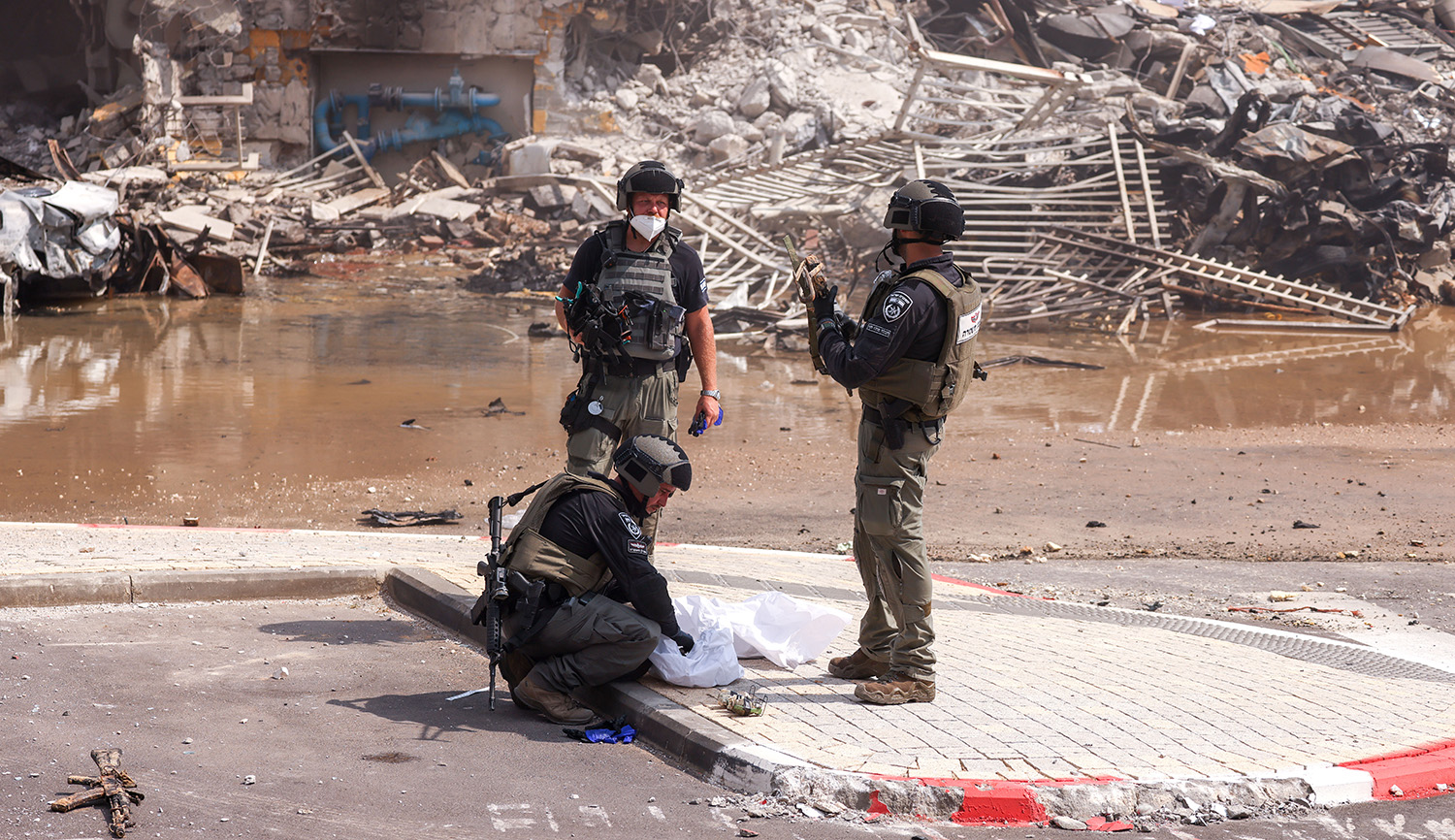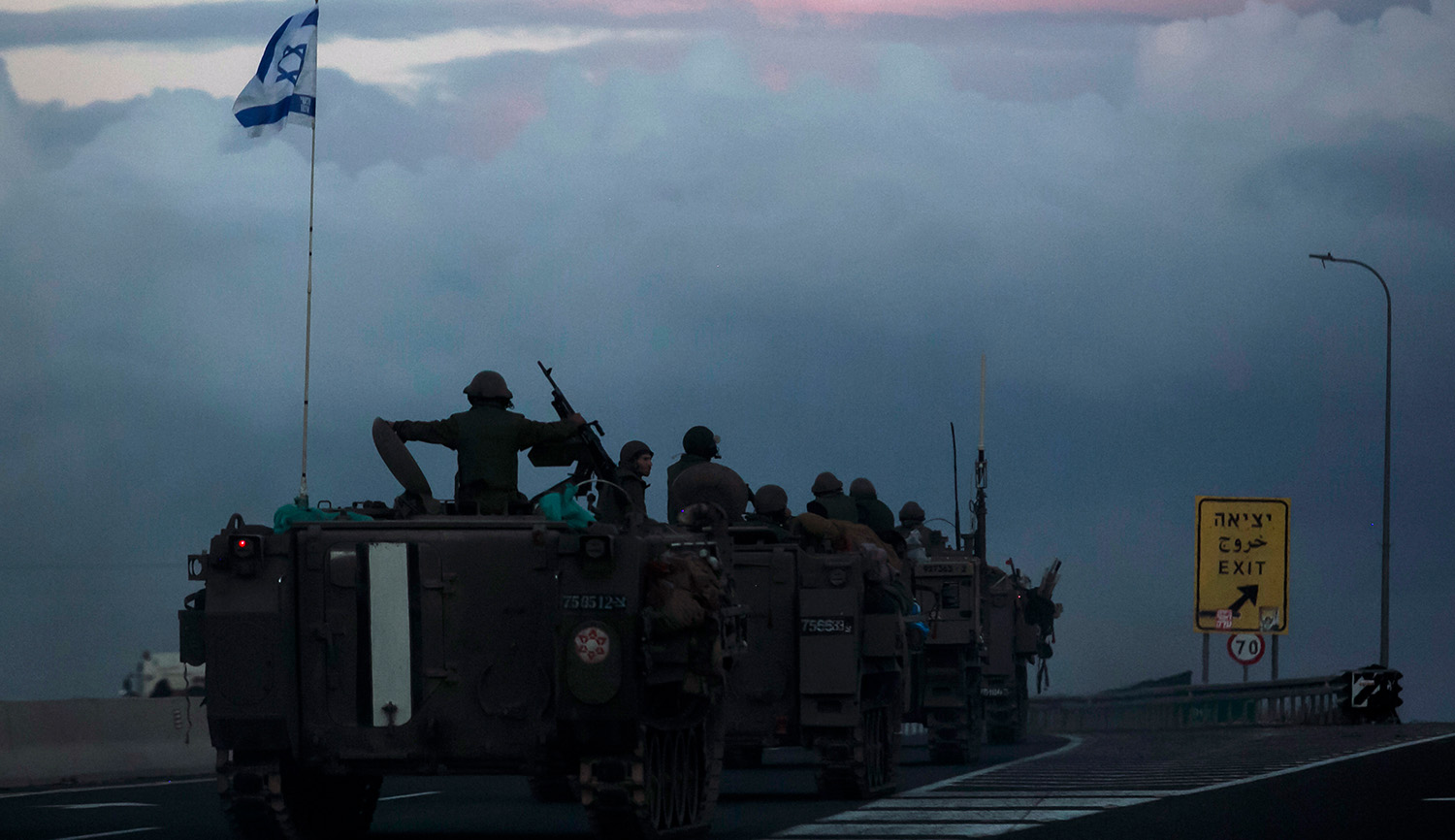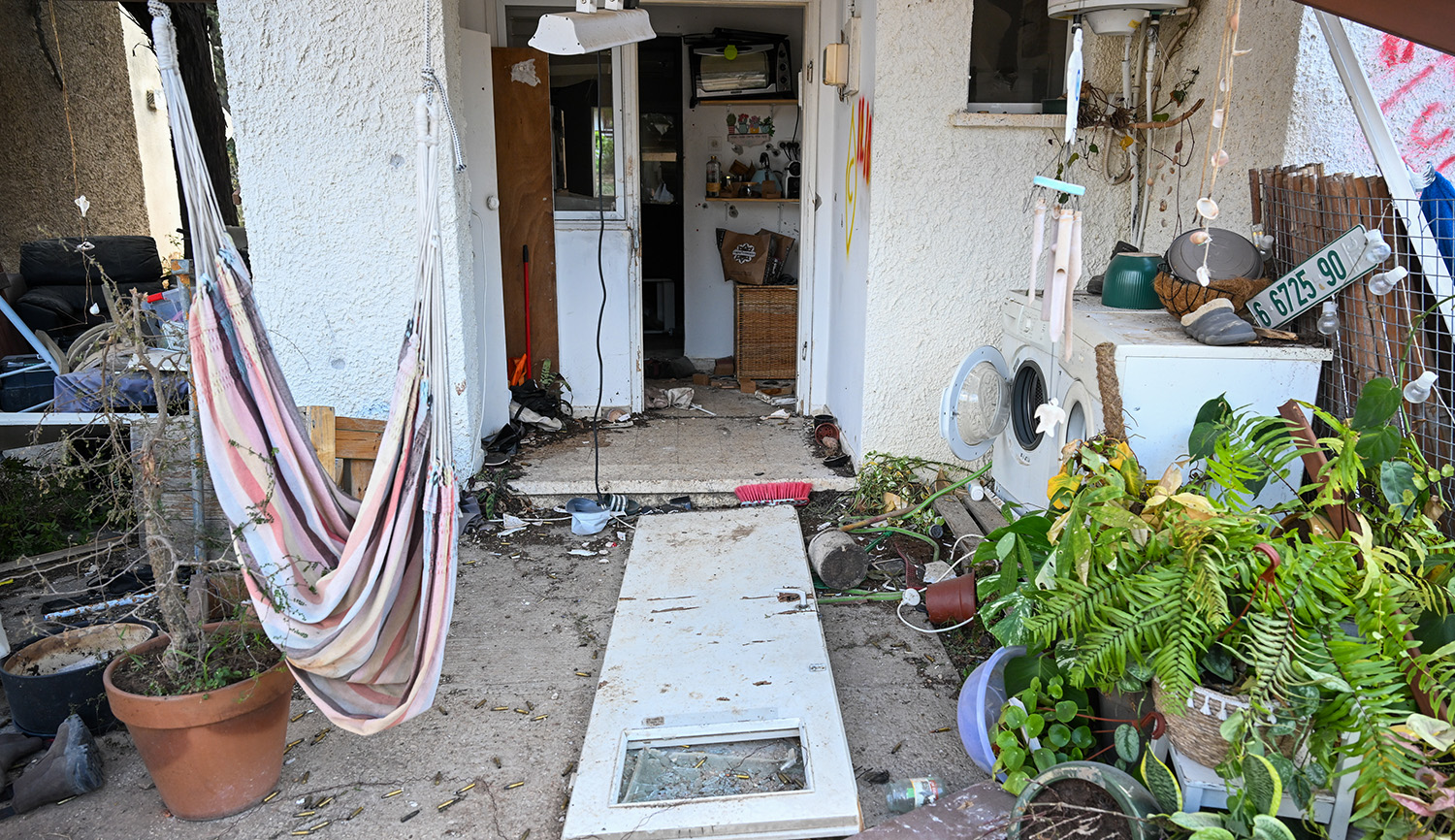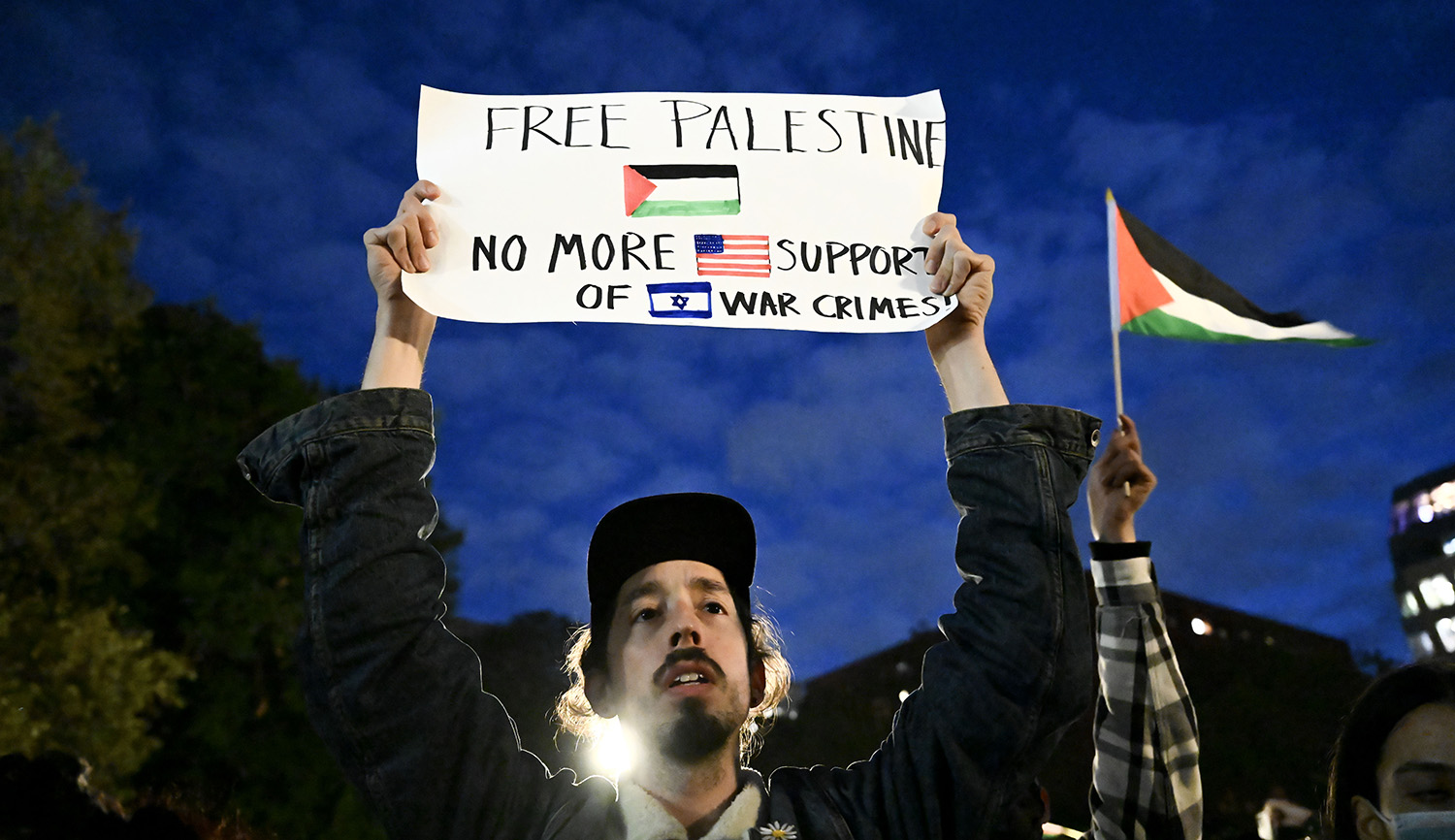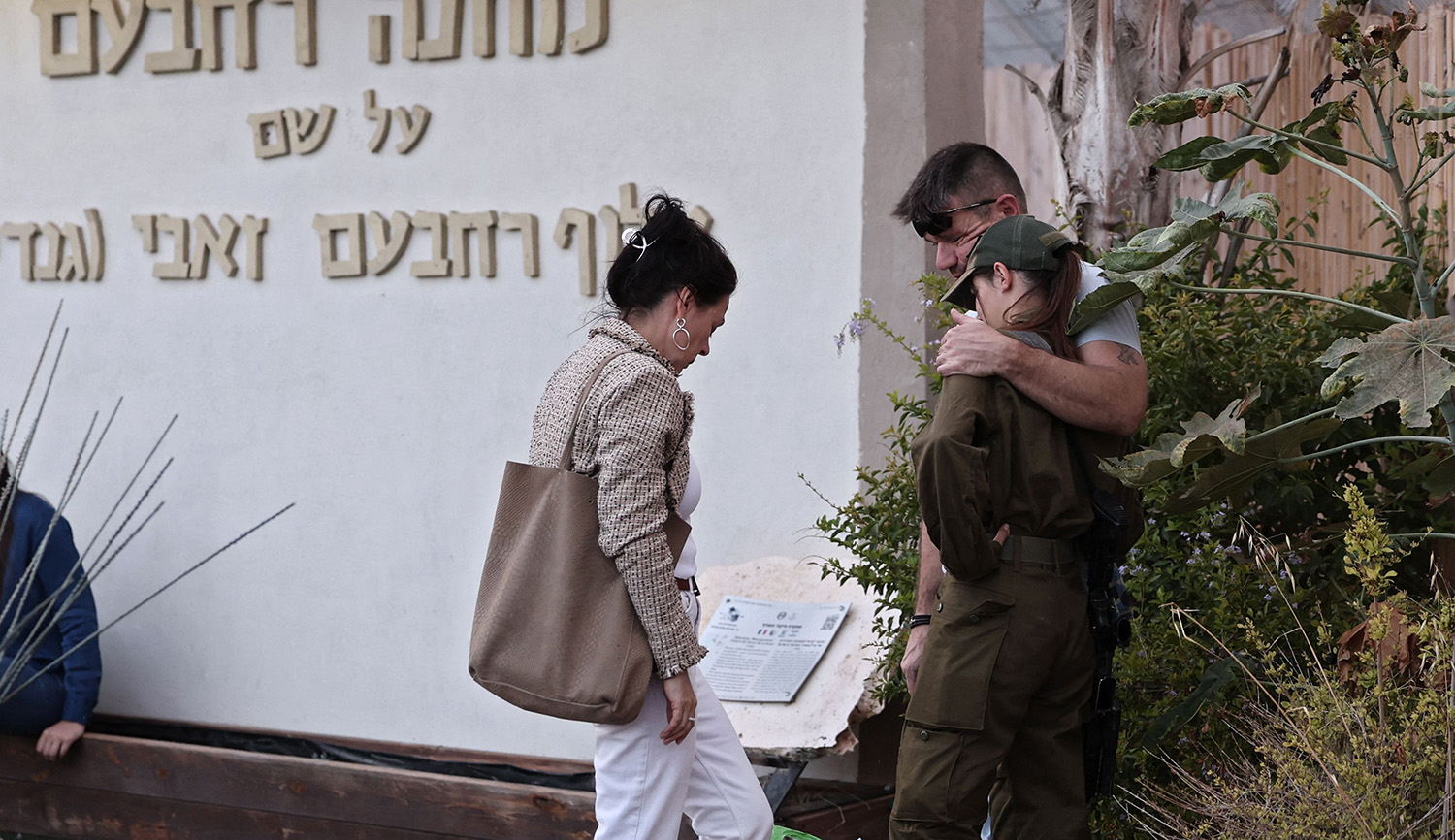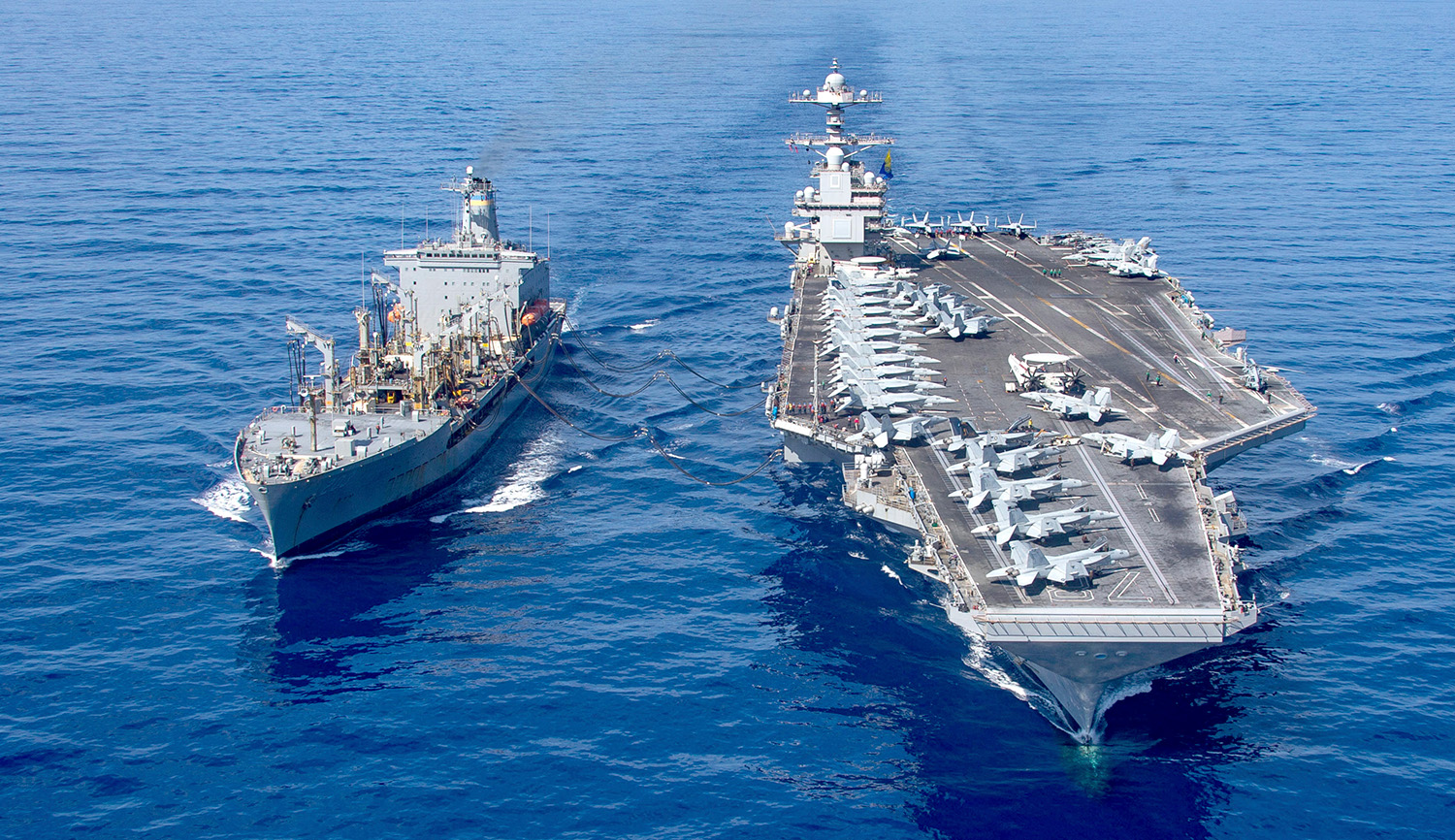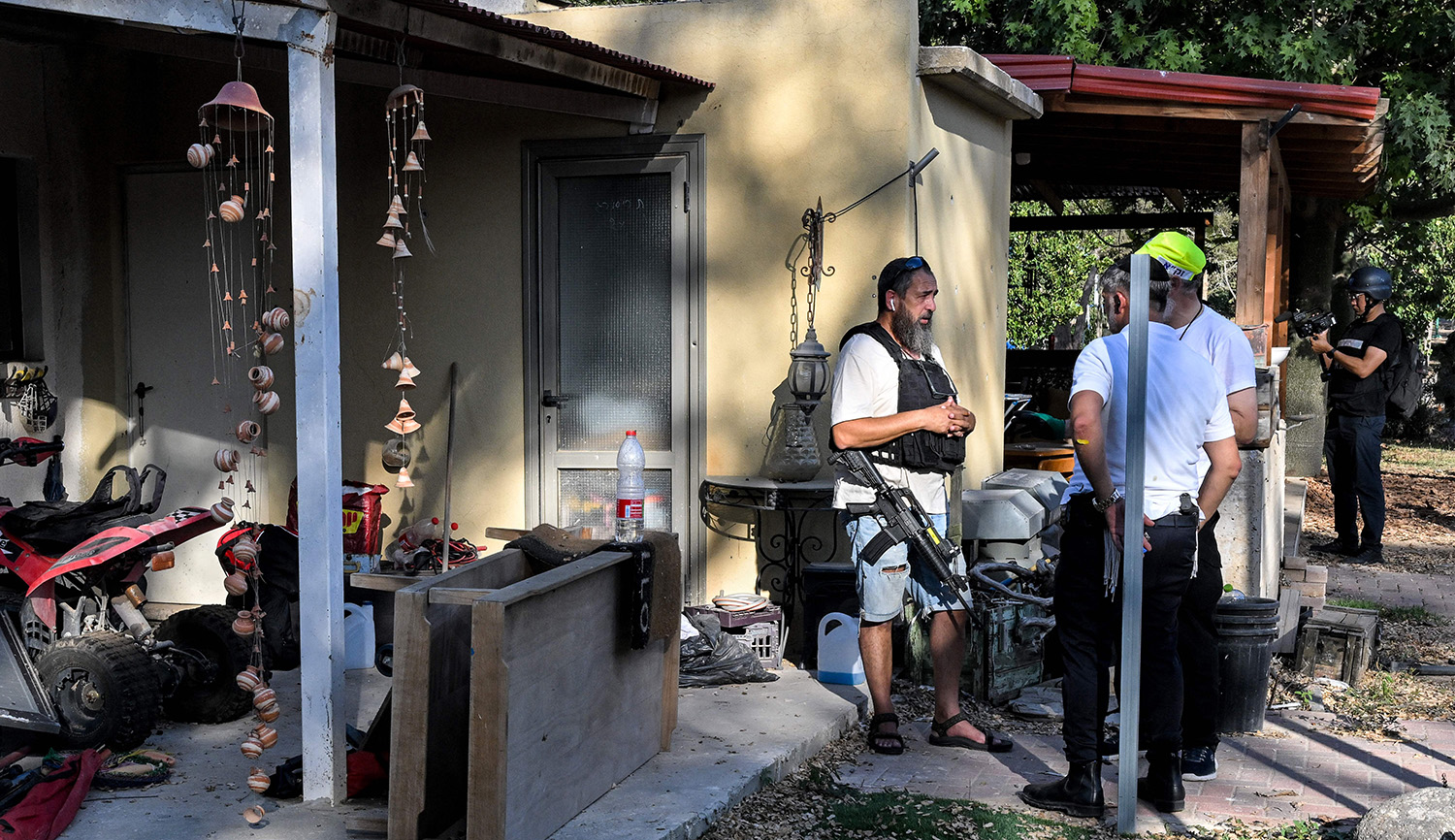No one needs to lecture the Israel Defense Forces on the difficulties a large-scale ground incursion into Gaza will entail. As the IDF knows all too well from a number of major operations over the years, including 2008–9’s Cast Lead and 2014’s Protective Edge, ground efforts in urban terrain are costly for attackers even when the offensive force is larger, better trained, better equipped, and better supported than the defenders. For small units and individual troops, the regular alternation between contact with the enemy at greater distances (down long straight streets, for example) and at very close distances (around the corner, or waiting in the next room) is disorienting and imposes extreme psychological and physical demands. The complexity and three-dimensional nature of the often-mined terrain itself is also demanding—a problem that pulverizing enemy strong points can address but not entirely solve. Even when the attacker can isolate the overall target area, as the IDF will be able to do for Gaza, the going can be slow and difficult.
Further complications apply in this case. Hamas and its partners have had, in military terms, an infinity of time to prepare for the attack that is likely to come. Even if the attacks on 10/7 involved some level of miscalculation and their perpetrators are about to be victims of their own success, Hamas will have anticipated that a major ground incursion was a possible, even likely response, and will be ready. The underground dimension of the fight will be significant, not least due to the presence of an estimated 150 hostages, each one of whom is loved by a family that reasonably prioritizes his or her survival above all else.
There is also the presence of Gazans to consider. More than two million people live in the Gaza Strip, and only a portion of them will pick up a rifle or plant an explosive or act as a spotter. The remainder’s (relative) safety would require a government in Gaza that works to remove them from the line of fire, but Hamas will do the opposite. The absolute savagery of Hamas’s initial attack has hardened public opinion in Israel and, in terms of international pressure, will give Israel more leeway than it is accustomed to. But eventually the international clock will run out, and the U.S. and other nations will start trying to compel Jerusalem to bring its operations to an end. Depending on the extent of Israel’s objectives in Gaza, the clock may run out before those objectives are fully achieved.
Indeed, the biggest problems confronting a large ground operation in Gaza aren’t operational. They are strategic. If Israel limits its ground incursion, deterrence against future attacks won’t be established for very long at all. If it decides effectively to level the Strip and kill as many members of Hamas as possible, it might accomplish that goal, but it will then face very difficult choices in the aftermath. Were the IDF simply to withdraw after a maximal campaign, the last surviving member of the Qassam Brigades will, as it were, grab a bloody Hamas flag, wave it for the cameras, and declare victory. The terrible forces that caused the last attack will then reconstitute themselves, very likely even resurrecting the Hamas government. If the IDF remains, in some form of partial (or even full) reoccupation, massive and ongoing challenges will result. Intermediate options, where some third party like the United Nations is asked to backstop a non-Hamas government, are not especially attractive—witness the UN’s indefensible cooperation with Hizballah in Lebanon as Exhibit A for this point.
There is also the hard and terrible truth that, no matter the ultimate objectives of a ground incursion, it is unlikely that large numbers of living hostages will be freed in its course. Meanwhile, any operation will occur with the sword of Damocles—in the form of an ever-threatened, full-scale northern war—hanging over Israel’s head, with Jerusalem depending on the Biden administration’s willingness to deter Iran.
It is a truism that strategic decisions are often made between bad and worse options. But the choices facing Israel in Gaza seem particularly unattractive. Yet something must be done, and it must not be business as usual. Every person with even an iota of responsibility for 10/7 or for shielding its perpetrators afterwards needs the opportunity to investigate what the afterlife has to offer him. Israeli public opinion, not to say justice, will demand nothing less.
Before taking reactive and obvious steps into this web of constraints and hard realities, Israel might consider less anticipated responses that would not preclude it from eventually bringing justice to 10/7’s rapists, kidnappers, and murderers. It may very well conclude for understandable reasons, ranging from the urgency of the hostage situation to the well-telegraphed desire of the United States that the conflict be restricted to Hamas, that the predictable ground operation in Gaza is necessary. If that is the case, the role of Israel’s friends around the world, and especially of the United States, will be to give Israel the space, time, and munitions it will need to make as much progress as possible on a most difficult task.
What about responses that would be less anticipated and direct? Israeli planners and the new unity government could begin with the recognition that many of the constraints under which they are operating are the work of Hamas’s backer, Iran. The Islamic Republic is the controlling force generating Israel’s increasingly uncomfortable strategic situation. Moreover, global conventional opinion currently holds that Israel’s strategic plate is full with the challenge posed by Gaza. There is a general belief, especially given Benjamin Netanyahu’s public statements (which have carefully avoided a focus on Iran) that Israel seeks to keep whatever is coming next limited.
This situation could be seen as an advantage. It is reminiscent of the circumstances enjoyed by the Arab states on the eve of the Yom Kippur War, when it was assumed they wouldn’t attack because they couldn’t possibly defeat Israel outright on the battlefield—or indeed by Hamas last week, which conventional wisdom likewise believed wouldn’t launch a major attack. In each case these adversaries exploited the conventional wisdom to achieve surprise. Israel could consider options that use the same approach.
For instance, while continuing air operations and appearing to wring its hands over the dilemmas on the ground in Gaza, and continuing to avoid speaking about Iran, the new government could ready extensive strikes on targets tied to the Iranian regime, perhaps including in Iran—perhaps even nuclear sites. Rather than mount a full-scale incursion into Gaza where the IDF will struggle to accomplish desirable strategic goals, more limited operations can bring ongoing retribution to Hamas and, where possible, freedom to captives.
If Israel were to pursue a less predictable course of action, the question of managing the Biden administration will loom large. American assistance, depending on the targets, would potentially be necessary and in all cases helpful. Strikes on Iranian assets would almost certainly bring about war with Hizballah in the north. But barring some dramatic change in Lebanon or the collapse of the Islamic Republic, that war seems certain to come eventually. If Israel were to strike now, it could seize the initiative, and lean into its goals from the outset, rather than wait for the inevitable to occur on Tehran’s timetable. Moreover, when will the Israeli people be better prepared to face the terrible hardships of that war than right now? If Israel could significantly undermine the Iranian regime, lance the boil to its north, and subject Hamas to delayed but undiluted justice, the fundamental strategic logic of the moment could be upended. Israel’s reputation as a determiner of events, rather than their victim, could be restored.
Such outside-the-box options are no more perfect than the straightforward ones, and have obvious and major drawbacks. But for all of their compelling urgency, so do the Gaza options. A reshuffling of the deck on Israel’s terms is in some ways more attractive than continuing to play the hand its enemies have dealt it.
More about: Gaza, Gaza War 2023, Hamas, Hizballah, Iran, Israel & Zionism






